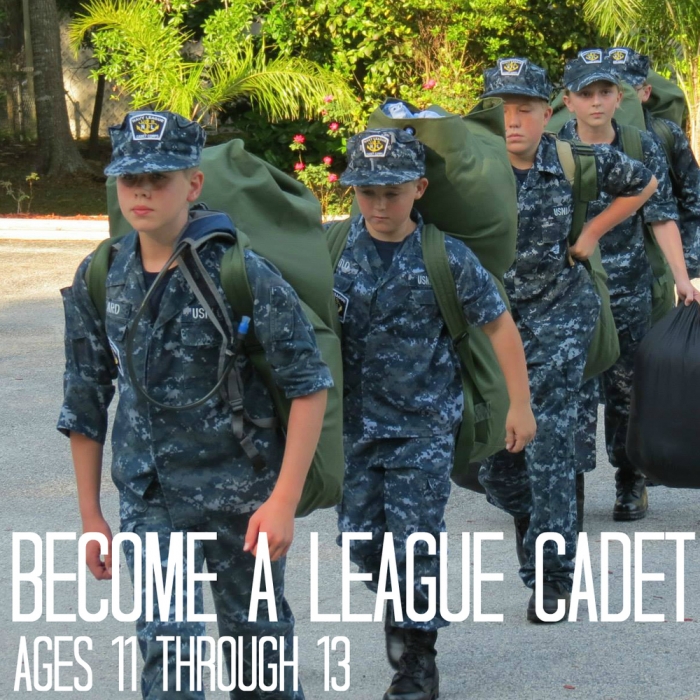‘That’s all I ever wanted’: Uncle Sam needs American youths

“If something happens with Russia,” said one cadet to his classmate at Fishburne Military School, “I’m pretty sure all of us are a little bit, you know, maybe not excited but ready. Because that’s what we want to do.”
Another cadet chimed in, saying, “For our whole lives … since I was a little kid, that’s all I ever wanted to do.”
Harold McCoo, however, was less sanguine about the prospects of the battlefield and his schoolmates’ eagerness to enter war. “I don’t want to see them on one of those plaques that we have over in the foyer for former Fishburne cadets who have passed away,” he said.
As the United States carries out daily airstrikes on ISIL in Syria and Iraq and other conflicts around the world simmer, American youths are faced with an uncertain future when considering enlistment in the military. Some may be interested in combat, while others want nothing to do with war.
A 2011 report by Rutgers School of Law at Newark argues that teens are unable to make sensible decisions and do not understand the risks that come with joining the military. More than 6,000 U.S. troops have been killed in Iraq and Afghanistan since 2001.
Despite the death toll, severe injuries and post-traumatic stress among veterans, military recruitment remains stable. The Army, Navy, Marine Corps and Air Force have all “met or exceeded their numerical accession goals for fiscal 2014,” according to the Department of Defense.
‘The dangers of war’
The military spends more than $650 million each year — perhaps a small amount compared with the overall budget — on marketing campaigns to attract young adults to enlist. Recruitment tools include aggressive advertising to members of lower-income families by highlighting the military’s educational and financial benefits for service members.
In a facetious opinion article published on Military.com titled “Reasons to not join the military,” the author articulates the military’s benefits by sarcastically listing five perks, including “You want an education and have at least $40,000 dollars just sitting around for you to use” and “You want to be really old when you finally retire from a company.”
Using academic opportunities as incentives for sign-ups is ideal, said Jason Mangone, a Marine veteran and the director of the Franklin Project.
“I do not think that joining for educational benefits is a bad reason,” he said. He criticized “kids who want to join out of what is the immature sense of, like, ‘Oh, I really want to get to war.’”
The Rutgers report argues that the military encourages potential recruits to lionize war with their “slick ads and video games that do not accurately portray the lives of soldiers and do not mention the dangers of war.”
Mangone said the reasons people join the military vary. Though he campaigns for every American to enlist in service — military or community — for a year, he believes “there’s a subtle but really important difference between a kid who’s joining because he feels like, despite the danger, it’s a noble thing to do.”
“Someone who joins because he really wants to see what war is like,” Mangone said, is motivated by “the wrong reason.”
Source: Al Jazeera America
Image: Sea Cadets
Countering Military Recruitment

WRI's new booklet, Countering Military Recruitment: Learning the lessons of counter-recruitment campaigns internationally, is out now. The booklet includes examples of campaigning against youth militarisation across different countries with the contribution of grassroot activists.
You can order a paperback version here.








